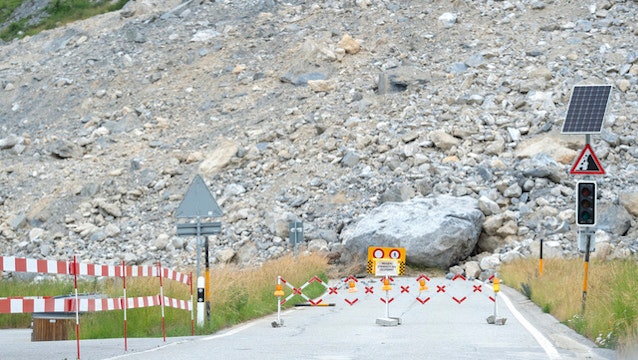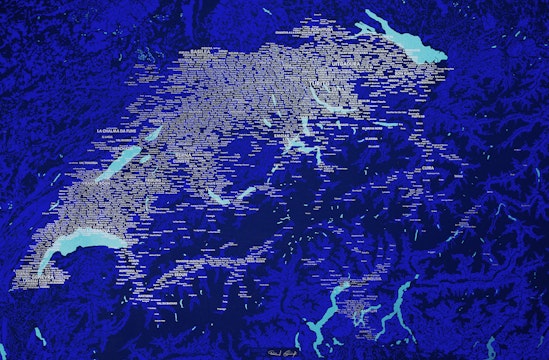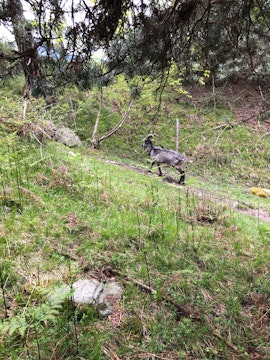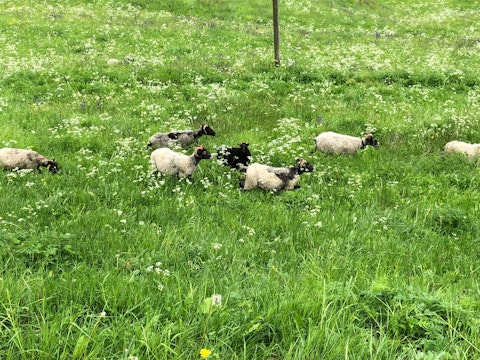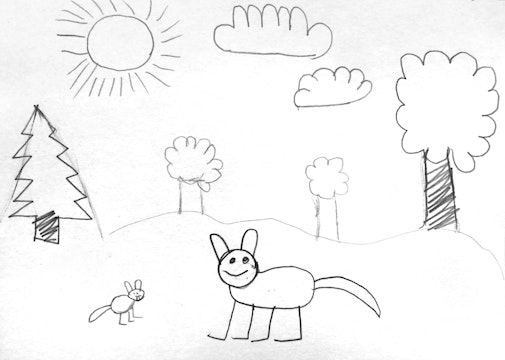Troccas, a Card Game from Surselva, a Region in Grison
Where people meet
Where people meet
During our hike and search for lively regular’s tables, we came across two groups of men and women playing Troccas. The players invited us to watch and look over their shoulders, meaning we were allowed to see their cards, while they remained concealed to the other players. In the process they explained some of the rules that apply to the game. When all the cards were dealt, they spoke to their respective partners in a language that was unknown to us. Although they spoke Romanic, we didn't recognize the meaning.
They used words such as “pasun” which means bad cards, “pas” that translates into mediocre cards or “paset” that comes over as good cards. This is their secret language to communicate to their partners the strength of their hand they were dealt. This of course assumes that the partner is familiar with the coded language. After that exchange they played without talking.
After each round they discussed the game, had a drink, then briefly reshuffled the cards before redistributing them.
At the end when we said our goodbyes, they invited us to return. It was important to them that more people learn the game of Troccas, especially the youth.
The card game
“Troccas” is a card game for which old French Tarot cards are used. In the old times it was mostly played during the long winter months in Surselva, an area of the Canton of Grisons. Today it is played all year round. People play at home or at the restaurant.
Typically there are four players, two to a team. There are however variants of the game with between 3 and 6 players. The language of the game is exclusively Romansh.
An important peculiarity of it is the “tschintschar”, which is a secret language the players use to confuse the opponent; it includes bluffing and making false statements. The respective partners, as long as they know each other well, hopefully get the meaning.
Between rounds there is drinking, discussions and in earlier days there was smoking. These breaks can be brief or long, heated or cheerful, all depending on the results of the game.
These games can go on far into the night.



